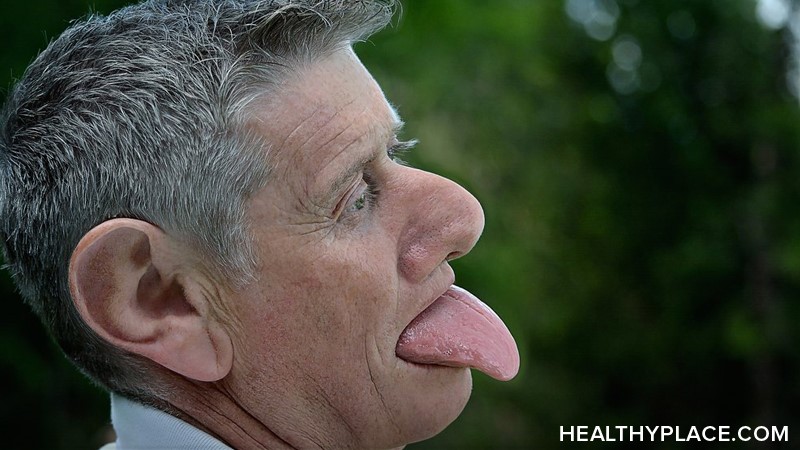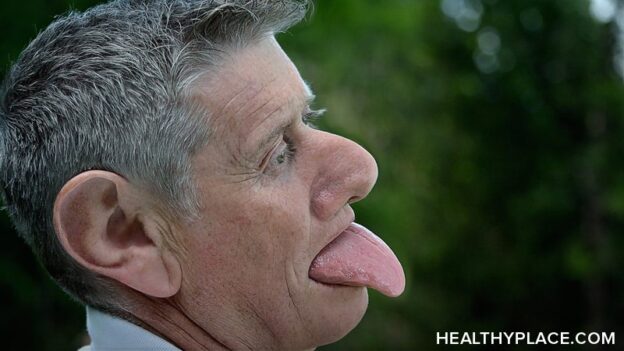Dyskinesia is an uncontrollable spontaneous reaction. It can involve either one portion of your body, such as your head or an arm, or your whole body.
Dyskinesia can vary from mild to extreme, and it can be very painful. It can make performing your everyday work challenging too. It may also vary in terms of frequency and time of day it occurs.
If you are from Guntur and searching for a proper treatment for dyskinesia, you should visit Dr. Mohana Rao’s hospital, the best neurosurgeon in Guntur.
Dyskinesia is a common complication of long-term levodopa therapy in people with Parkinson’s disease. Dyskinesia may also occur in conditions other than Parkinson’s disease, such as coordination disorders.
Now let us learn about the different signs and symptoms of dyskinesia:
The signs and symptoms of dyskinesia differ from person to person. With a slight twitch of the head, arm, or leg, they may be very mild. They can also be severe, causing various body parts to move involuntarily. Dyskinesia can happen itself in a variety of ways, including:
- fidgeting
- boobing in head
- restlessness
- writhing
- twitching
- the swaying of the body
Dyskinesia is not the same as tremor, which is common in Parkinson’s disease.
Now let us see the reasons behind this:
The most frequent cause of dyskinesia is long-term use of the drug levodopa. Because of its efficacy, levodopa is the recommended drug for the treatment of Parkinson’s disease.
Dopamine levels in the brain rise due to the use of levodopa. A lack of dopamine-producing brain cells causes Parkinson’s disease. For those with Parkinson’s disease and other disorders involving reduced dopamine levels, levodopa increases the dopamine level.
When you take levodopa, as per your neurologist in Guntur, the dopamine levels increase and then decrease as the drug wears off. Variations of dopamine levels are thought to be the source of dyskinesia’s spontaneous gestures.
Some antipsychotic drugs cause tardive dyskinesia, a form of dyskinesia.
Conditions that are related to dyskinesia:
Dystonia:
Dystonia and dyskinesia are often confused. Dystonia, on the other hand, induces excessive muscle tightening rather than the involuntary movements of dyskinesia.
It is a complication of the drug. Low levels of dopamine, which are seen in patients with Parkinson’s disease, induce dystonia. The feet, vocal cords, hands, and eyelids are often affected by dystonia. It often impacts only one side of the body.
Since levodopa causes dopamine levels to fluctuate, it can cause dystonia. Dystonia can occur as dopamine levels fall as the levodopa wears off.
Tardive dyskinesia:
People with severe psychiatric disorders that need long-term antipsychotic therapy suffer from tardive dyskinesia. Since it induces repetitive gestures, tardive dyskinesia is similar to dyskinesia.
On the other hand, Tender dyskinesia typically affects the tongue, lips, jaw, or eyelids. The following repetitive gestures can be a sign of tardive dyskinesia:
- licking your mouth repeatedly
- grimacing continuously
- blinking rapidly,
- puckering your mouth
- poking out your tongue
Now let us see what the treatment for dyskinesia?
Each person’s dyskinesia treatment needs to be unique. Any of the following considerations influence treatment:
- The seriousness of the symptoms
- When do the effects get worse (for example, when the levodopa wears off)
- Age
- Amount of time on levodopa, and
- Time after getting a Parkinson’s diagnosis
The below are some possible recovery options:
- Adjusting your levodopa dosage to prevent the significant fluctuation of dopamine levels in your bloodstream
- You can use a continuous infusion or a sustained release formulation of levodopa
- Take amantadine extended-release (Gocovri), a well-approved treatment for tardive dyskinesia
- Valbenazine, a newly approved drug for tardive dyskinesia
- Taking levodopa in smaller doses
- Take the levodopa 30 minutes before your meal
- You should do exercise, like walking and swimming, as per the advice of your neurosurgeon in Guntur
- It will help to get rid of extra stress, which can be harmful to you.
Before starting the proper medication for you, discuss every detail about your treatment with the doctor.
When dyskinesia progresses, it is essential to speak with the doctor about the different treatments available. When you are first diagnosed with Parkinson’s, talk about the benefits and drawbacks of taking levodopa. It would be better for you if you can delay starting levodopa as it increases the chances of dyskinesia.



